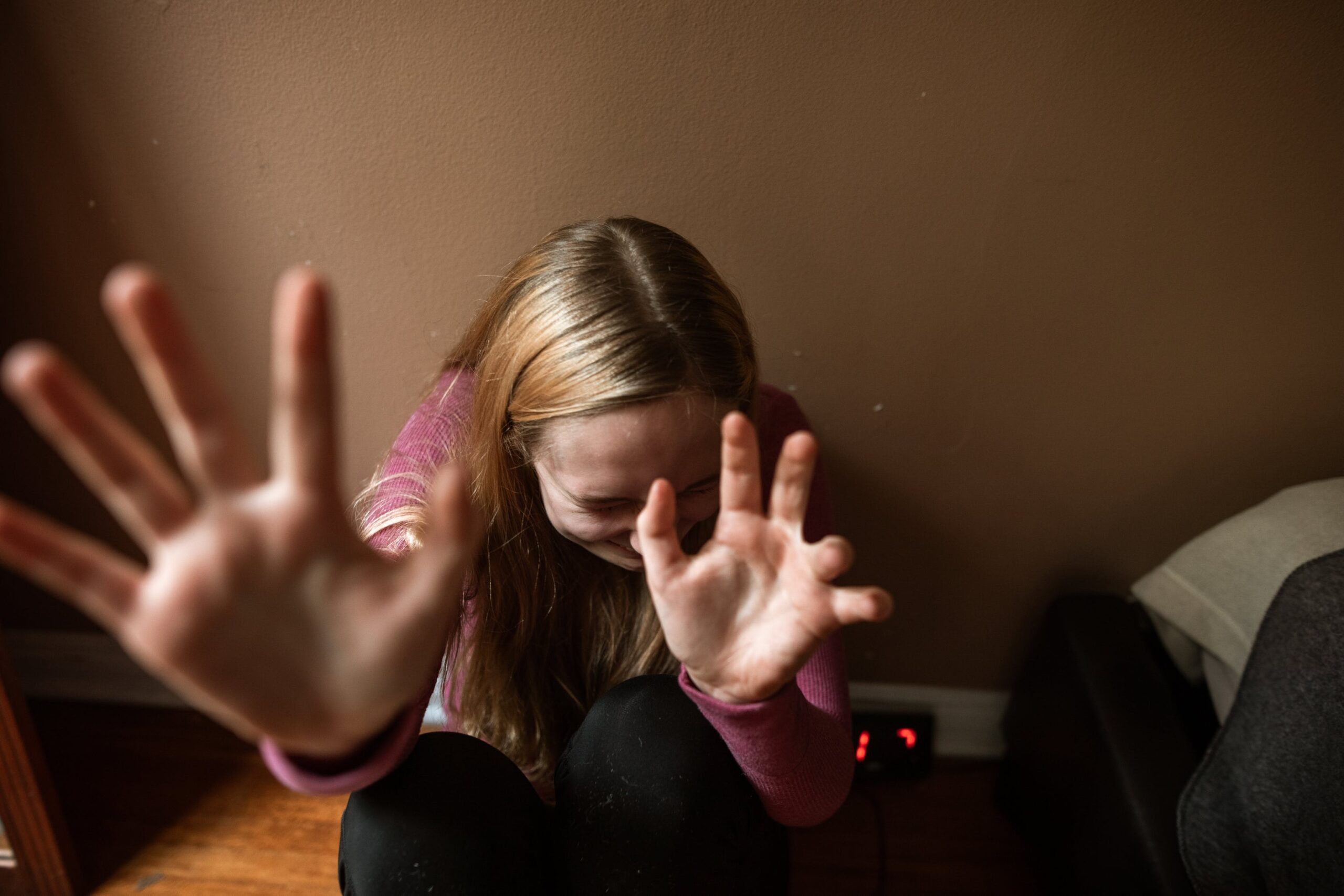
According to Article 21 of the Indian Constitution, rape is a violation of the victim’s fundamental rights. It is among the most physically and ethically repugnant crime that exists since it infringes upon the victim’s right to privacy, body, and mind. A killer demolishes the victim’s body, but a rapist wreck and defiles the spirit of a helpless girl.
The victim of rape cases in India has their entire life uprooted as a result of it. In no way can a victim of rape be seen as an accomplice. A victim of rape is treated with greater respect than an injured witness since the crime has a lasting impact on the victim’s life. A crime against society that violates the human rights of the victim is rape.
section 375 ipc
- According to Section 375 of the ipc, rape is defined as having sex with a woman without her will, without her agreement, by force, deception, or fraud; it can also occur while she is under the influence of drugs or alcohol, mentally unstable, or both; in any event, if she is less than 18 years old.
If it fits into any of the following categories against her will, it’s rape.
- Without her permission.
- With her consent, provided such consent was acquired by instilling fear of harm or death in her or any other person in whom she has an interest.
- When the guy has her consent, even though he is aware that she does not consider him to be her husband, it is because she thinks he is someone else to whom she is or feels she is legally married.
- With her consent in cases where she is incapable of understanding the nature and implications of what she is consenting to at the time due to intoxication, mental instability, or the administration of any stupefying or unhealthy substance by him or another person.
- When the girl is under sixteen, with or without her permission.
section 375 ipc punishment
- The offender will be penalized with severe imprisonment of any kind for a minimum of ten years, with the possibility of a life sentence, as well as a punishment charge.
rape laws in India
The rape laws are as follows:
- The Criminal Law (Amendment) Act 2013 changed the mandatory minimum punishment for rape from seven years in prison to ten years. Moreover, the minimum term has been appropriately raised to twenty years in cases where the victim died while in a vegetative state.
- The POCSO Act made it illegal for anyone under the age of 18 to engage in any sexual activity, even if there was genuine consent between two minors. It also raised the age of consent from 16 to 18 years old. Additionally, in 2019, this Act was revised to include provisions for tougher penalties for a variety of offenses that compromise a child’s protection, security, and dignity.
marital rape laws in India
The marital rape laws are as follows:
Indian Penal Code:
- The section 375 ipc lists the specific acts that qualify as male rape.
The clause does, however, also list two exclusions.
- It also states that medical treatments or interventions will not be considered rape, in addition to decriminalizing marital rape.
- According to Section 375 of ipc, a man’s sexual relations with his wife do not constitute rape if the woman is not under fifteen years old.
Domestic Violence Act:
- It alludes to sexual abuse in a married or cohabiting relationship that could be considered marital rape.
- It does, however, solely offer civil remedies. Indian law prohibits sufferers of marital rape from making a criminal complaint regarding their perpetrator.
new law against rape victim in India
- Separate rules have been made against the rape of minors, and the minimum sentence for rape has been increased from seven years to ten years.
- A female under the age of sixteen who is raped has a maximum sentence of life in prison; a youngster under the age of twelve faces the possibility of execution.
- It’s noteworthy that gang rape of a kid can also result in the death penalty. In addition, a new law has been introduced to safeguard the privacy of sexual assault victims.
- Furthermore, the law suggested that it would be illegal to deceive a woman in order to have sex with her.
The Section 375 ipc is one of the most discussed parts because of the rise in rape cases in India. Although the section has undergone considerable improvements in recent years, there are still a lot of issues that need to be resolved. Although there are many laws in place to prevent such terrible crimes, we either don’t have the resources or have to work harder to enforce them. This causes the crime to be read in a multitude of ways, potentially resulting in a miscarriage of justice.









